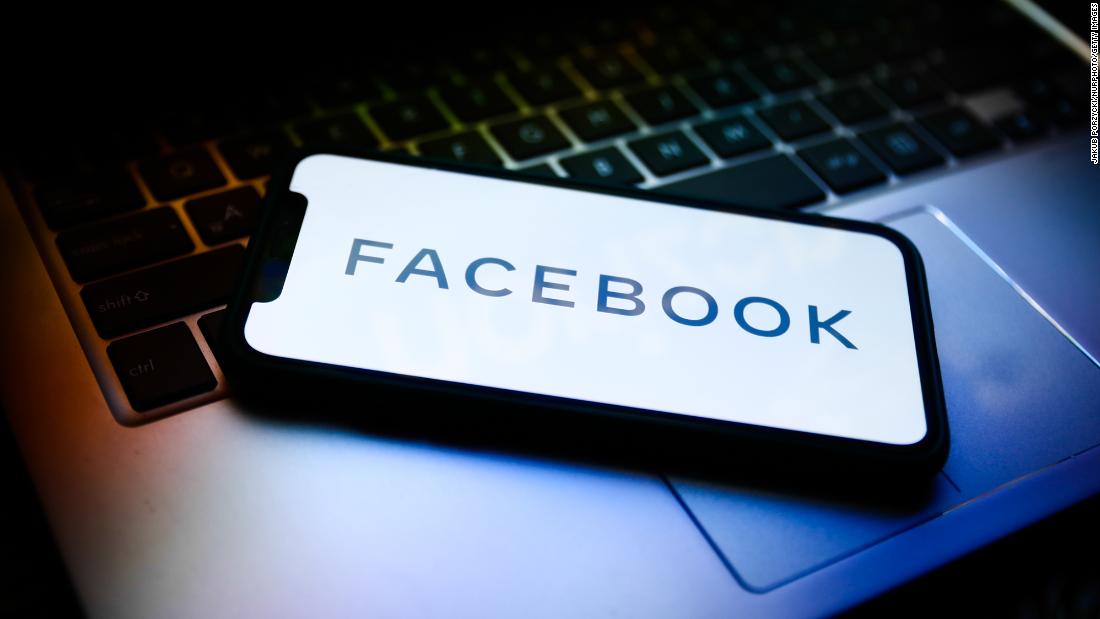
Facebook has known it has a human trafficking problem for years. It still hasn't fully fixed it
CNN
Facebook has for years struggled to crack down on content related to what it calls domestic servitude: "a form of trafficking of people for the purpose of working inside private homes through the use of force, fraud, coercion or deception," according to internal Facebook documents reviewed by CNN.
The company has known about human traffickers using its platforms in this way since at least 2018, the documents show. It got so bad that in 2019, Apple (AAPL) threatened to pull Facebook and Instagram's access to the App Store, a platform the social media giant relies on to reach hundreds of millions of users each year. Internally, Facebook (FB) employees rushed to take down problematic content and make emergency policy changes avoid what they described as a "potentially severe" consequence for the business.
But while Facebook managed to assuage Apple's concerns at the time and avoid removal from the app store, issues persist. The stakes are significant: Facebook documents describe women trafficked in this way being subjected to physical and sexual abuse, being deprived of food and pay, and having their travel documents confiscated so they can't escape. Earlier this year, an internal Facebook report noted that "gaps still exist in our detection of on-platform entities engaged in domestic servitude" and detailed how the company's platforms are used to recruit, buy and sell what Facebook's documents call "domestic servants."





















 Run 3 Space | Play Space Running Game
Run 3 Space | Play Space Running Game Traffic Jam 3D | Online Racing Game
Traffic Jam 3D | Online Racing Game Duck Hunt | Play Old Classic Game
Duck Hunt | Play Old Classic Game











